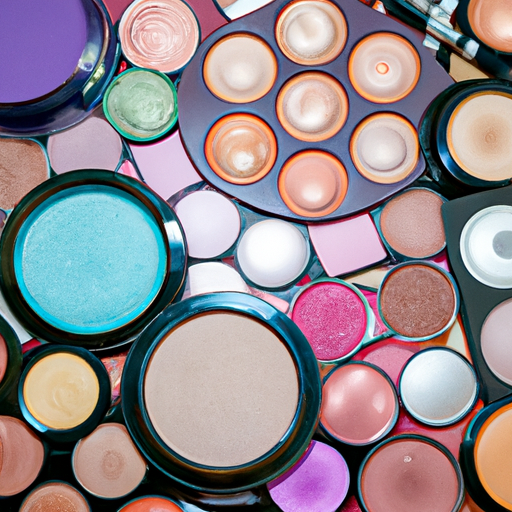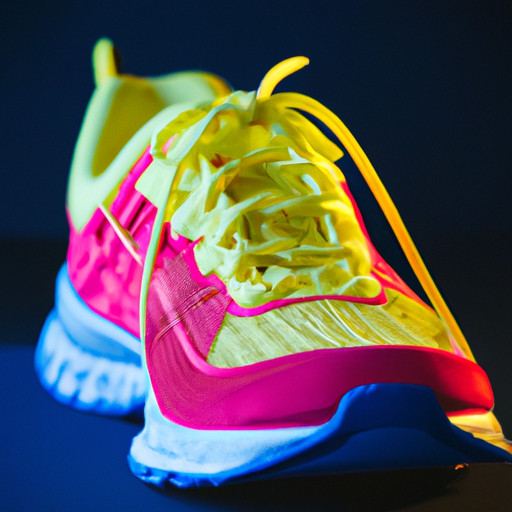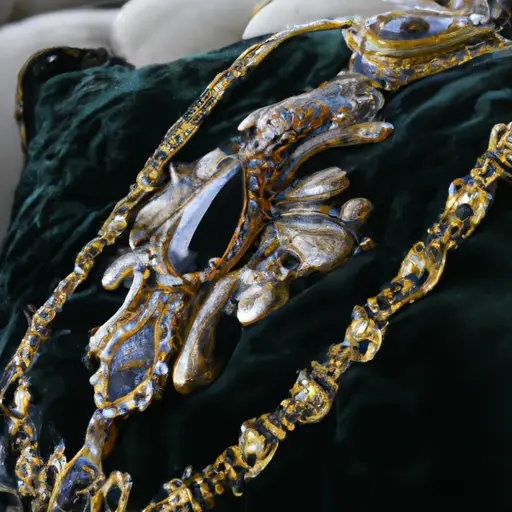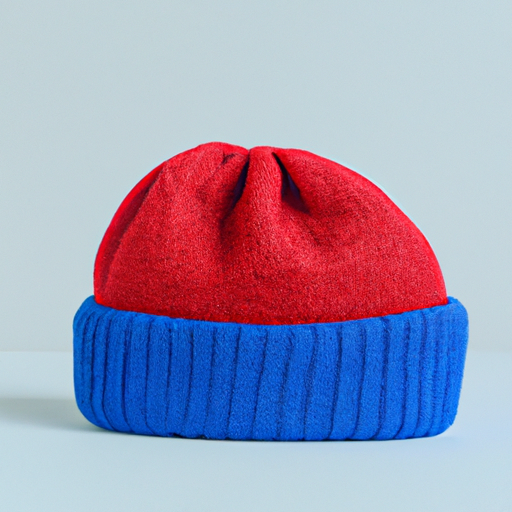Finding the Right Makeup for Your Skin Tone
My Guide to Matching Makeup to Your Skin Tone
Hello there, beautiful! Are you tired of buying makeup that doesn’t seem to match your skin tone? Well, don’t worry because I have got your back! Before we dive into the nitty-gritty details, let’s first define what a skin tone is.
A skin tone is the natural color of your skin, which varies from person to person. It’s determined by the amount of melanin – a pigment that protects your skin from UV radiation – in your skin cells. Your skin tone can be light, medium, or dark, and it can have various undertones.
Matching makeup to your skin tone is crucial because it enhances your natural beauty and makes you look more put together. Using the wrong shade of foundation or lipstick can make you look like a clown or wash you out.
How To Determine Your Skin Tone: Color Palette Test and Undertones
So, you want to know how to determine your skin tone? It can be overwhelming if you don’t know where to start, but fear not! Here are some easy tips to help you identify your skin tone and choose makeup that flatters your complexion.
Color Palette Test
A simple way to determine your skin tone is to do the color palette test. Find various shades of silver and gold jewelry and place them against your skin. If silver complements your skin better, you likely have a cool undertone. If gold looks better on you, then you may have a warm undertone. If both look great, then you may have a neutral undertone.
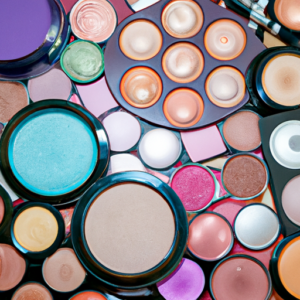
Another way to test your skin tone through color is to look at the veins on your wrist. If they appear blue, then you have a cool undertone. If they look greenish, then you have a warmer undertone. If you can’t tell, then you might have a neutral undertone.
Identifying Undertones
In determining your skin tone, it’s essential to identify your undertones. This is the color that lies beneath the surface of your skin and can be warm, cool or neutral. Cool undertones tend to have pink or blue hues, warm undertones have yellow or golden hues, and neutral undertones have a balance of both.
Another way to identify your undertones is to consider how your skin reacts to the sun. If you tend to burn and have a difficult time tanning, then you likely have a cool undertone. If you tan easily and rarely burn, then you have a warm undertone. If you can tan but still have a tendency to burn, then you may have a neutral undertone.
Putting It All Together
By doing the color palette test and identifying your undertones, you can better understand what makeup shades will match your skin tone. Remember, choosing makeup that complements your skin tone is essential for achieving a natural, polished look. Whether it’s foundation, bronzer, blush, lipstick or eyeshadow, there are plenty of options available for every skin tone. Now that you know how to accurately determine your skin tone, it’s time to have some fun and experiment with different shades to find what works best for you!
How to Find Makeup That Matches Your Skin Tone
Now that you’ve determined your skin tone, it’s time to find makeup that complements it. As someone with a warm skin tone, I’ve had my fair share of struggles finding makeup that matches my complexion without looking too orange. Here are my tips for finding the right makeup for your skin tone.
Foundation
The key to finding the right foundation for your skin tone is to look for one that matches both your surface and undertone. Always try the foundation on your face, not your hand, to ensure that it matches your skin. Also, don’t forget to check the shade under different lighting to see if it still matches. If you have a warm skin tone, look for foundations with yellow or golden undertones. If you have a cool skin tone, look for foundations with pink or blue undertones.
Bronzer & Blush
When it comes to bronzer and blush, you want to look for shades that complement your skin tone, not contrast it. So if you have a warm skin tone, go for bronzer and blush shades with peach and bronze undertones. If you have a cool skin tone, opt for shades with pink or mauve undertones. And remember, a little goes a long way – build up the color slowly to avoid going overboard.
Lipstick & Gloss
Your skin tone can also play a big role in which lip colors look best on you. For a warm skin tone, go for shades with warmer undertones like peach, coral, and red. For a cool skin tone, opt for shades with cooler undertones like pink, berry, and plum. And don’t forget to consider the finish – if you have a warm skin tone, matte lipstick can look more natural, while a glossy finish can add just the right amount of shine to a cool skin tone.
Eye Shadow
When choosing eye shadow, consider your eye color as well as your skin tone. For a warm skin tone, look for warm shades like gold, bronze, and copper. For a cool skin tone, opt for shades with cooler undertones like silver, blue, and green. And if you’re not sure where to start, you can never go wrong with a neutral palette that includes shades like beige, taupe, and brown.
Remember, these are just guidelines – don’t be afraid to experiment and find the shades and formulas that work best for you and your skin tone.
Wrapping It Up: My Tips for Matching Your Makeup to Your Skin Tone
So, there you have it – my expert tips on matching makeup to your skin tone. It may seem daunting at first, but trust me, it’s worth it in the end. Here’s a summary of what I covered:
First of all, your skin tone is the color of your skin – whether it’s fair, dark, or somewhere in between. Matching your makeup to your skin tone is important because it helps create a seamless, flawless look.
To determine your skin tone, you can use the color palette test or identify your undertones. Undertones are the subtle hues that lie underneath your skin’s surface and affect the way colors appear on your skin.
Once you know your skin tone and undertones, it’s time to find makeup that matches. For foundation, be sure to swatch it on your jawline to make sure it blends in seamlessly. For bronzer and blush, choose shades that complement your undertones. And for lipstick and eye shadow, experiment with different colors to find what looks best on you.
My final tips for choosing the right makeup for your skin tone are to always test before you buy, don’t be afraid to ask for help, and remember that makeup is supposed to enhance your natural beauty – not cover it up!
So go forth and embrace your unique skin tone – with the right makeup, you’ll be glowing in no time!
